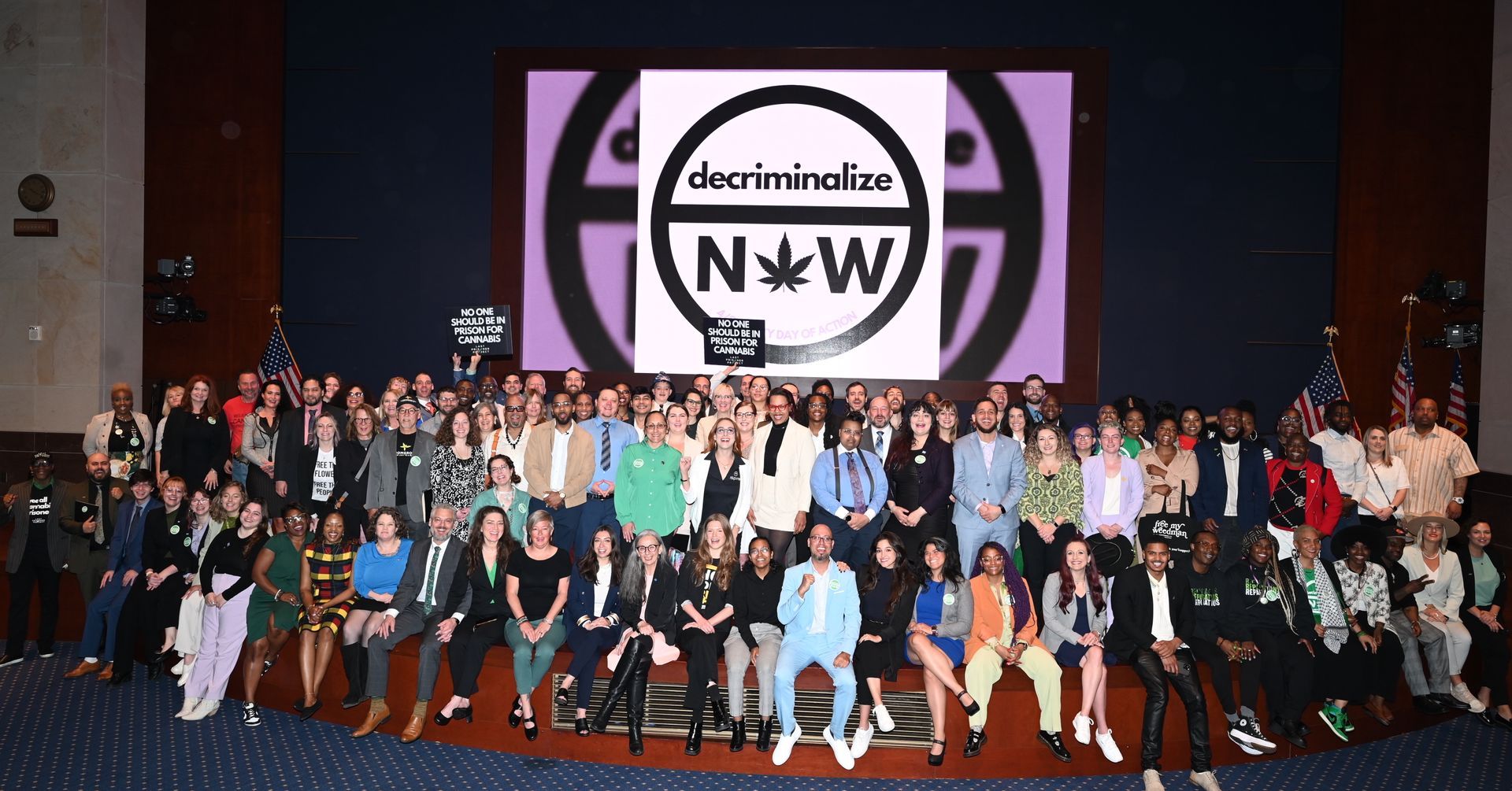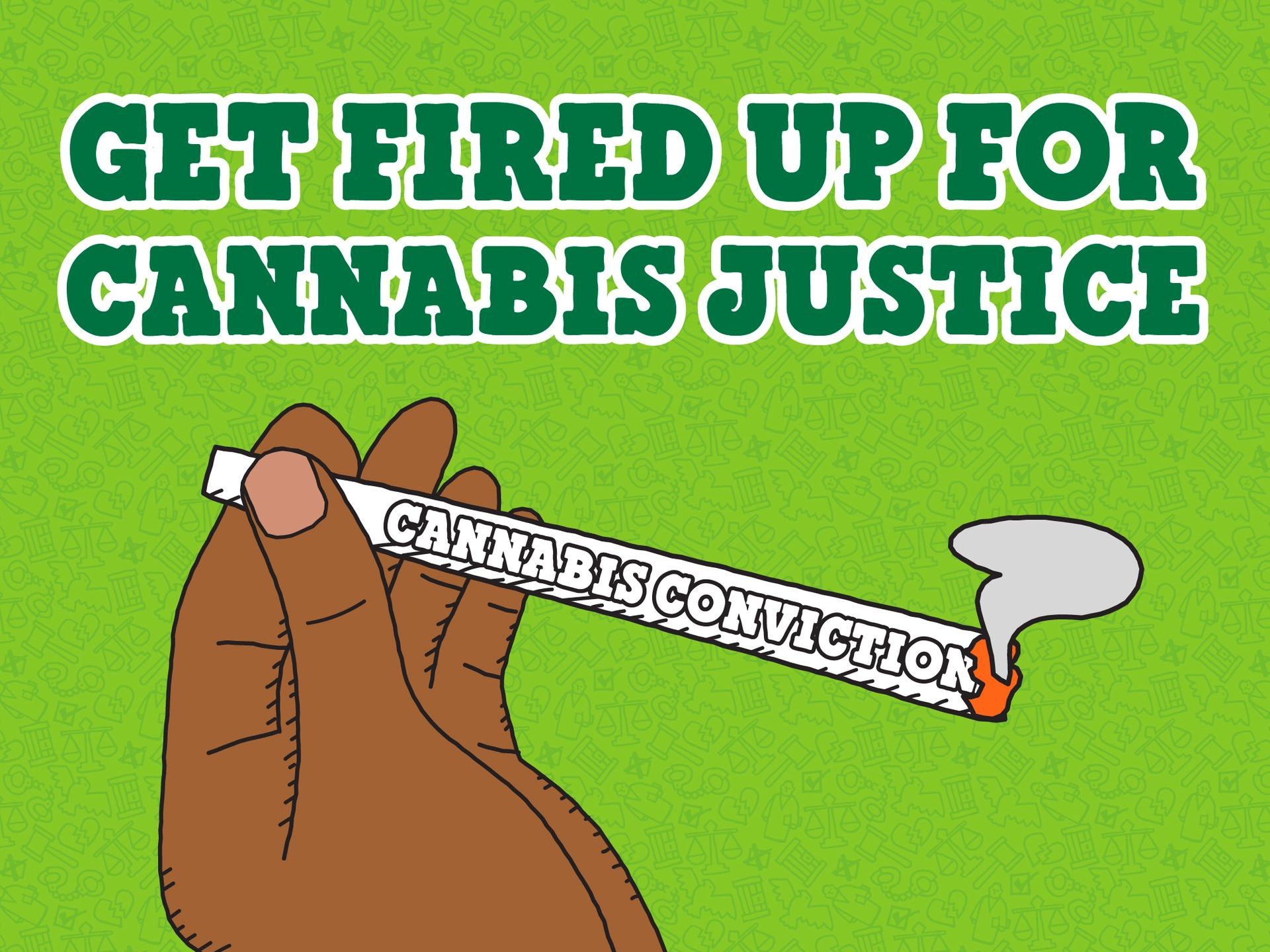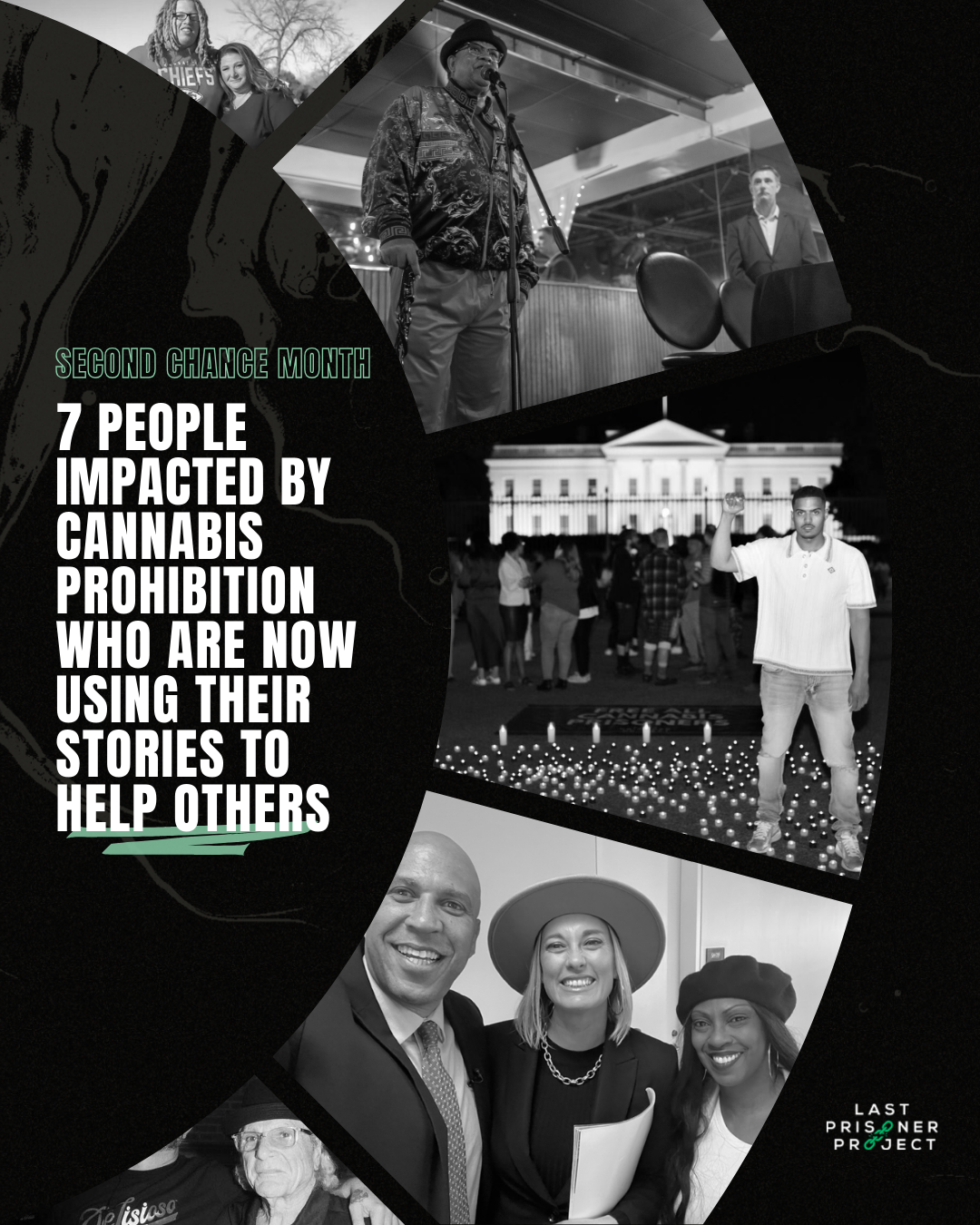Maryland Gov. Wes Moore Signs The Expungement Reform Act with Last Prisoner Project Support
At the Last Prisoner Project (LPP), we know that true justice means more than legalization—it means clearing the records of those who were criminalized under outdated cannabis laws. Today, we celebrate a major step forward in that fight for justice as Governor Wes Moore signs SB 432, the Expungement Reform Act of 2025, into law. In Maryland, where Governor Wes Moore made history last year by issuing the nation’s most sweeping cannabis pardon order, we are now happy to see this next step in reform.
A criminal record—whether for a conviction or even just an arrest—can create lasting obstacles to employment, housing, education, and other opportunities. The impact is not just personal; according to research from the Center for Economic and Policy Research, the U.S. economy loses between $78 and $87 billion annually due to employment barriers faced by people with criminal records. These collateral consequences compound the injustices of the War on Drugs and disproportionately affect communities already marginalized by systemic inequities.
SB 432 simplifies the expungement process, removing unnecessary bureaucratic hurdles and making it easier for individuals to clear their records. The bill will help thousands of Marylanders—many of whom have already served their sentences—access new opportunities and contribute fully to their communities.
“People in Maryland were living with the unconscionable reality that any probation violation, from a missed appointment to even decades-old possession of small amounts of now legal cannabis, categorically barred them from ever expunging their record,” said Heather Warnken, Executive Director of the Center for Criminal Justice Reform at the University of Baltimore School of Law. “The Expungement Reform Act has addressed this and more, removing barriers to opportunity for thousands held back by their past record. Like Governor Moore’s historic mass pardon, this victory is the product of true partnership, and an incredible step forward for our state.”
SB 432 builds on the momentum of Governor Moore’s bold action in 2024, when he issued the largest cannabis pardon order in U.S. history, granting relief to over 175,000 Marylanders with low-level cannabis convictions. However, as we have long emphasized, a pardon—while powerful—does not automatically clear someone’s record. Until now, many of those same individuals still had to navigate a complicated, costly, and often inaccessible process to obtain full relief.
Now, thanks to the passage of SB 432, that process will become significantly more accessible—and, in key cases, automatic. This is a vital step toward making sure the promise of cannabis reform includes real, tangible outcomes for those most affected by prohibition.
“At Last Prisoner Project, our mission is to secure freedom and rebuild the lives of those disproportionately impacted by the War on Drugs,” said Liz Budnitz, Director of the Cannabis Justice Initiative at Last Prisoner Project, who was present at the signing ceremony. “SB 432 embodies the idea that legalization must come with justice and repair for those who paid the price for misguided drug policies. We are proud to support reforms like this bill and look forward to continuing to advocate for policies that prioritize the full reintegration of justice-impacted individuals.”
Adrian Rocha, LPP’s Policy Director and a member of Governor Moore’s expungement roundtable, added, "Last Prisoner Project commends Governor Wes Moore for signing SB 432, the Expungement Reform Act of 2025, into law. By creating a more efficient and accessible pathway for individuals to expunge cannabis-related convictions and seek post-conviction relief, this bill is a crucial step in addressing the harms caused by decades of cannabis criminalization in Maryland. We are thrilled that more Marylanders will now be able to move forward with their lives, access new opportunities, and contribute fully to their communities.”
Maryland now joins 12 other states that have implemented state-initiated expungement for certain offenses, recognizing that individuals should not be required to navigate complex legal systems to obtain relief they are already entitled to.
This victory represents not just a legislative achievement, but a powerful moment of healing and restoration. We thank Governor Moore, the Maryland General Assembly, and all our partners and advocates who helped make this bill a reality. But our work is far from over.
Cannabis justice means full, automatic relief—not just in Maryland, but across the country. And at the Last Prisoner Project, we’re committed to making that vision real.
Watch the full bill signing below and read past coverage here.






